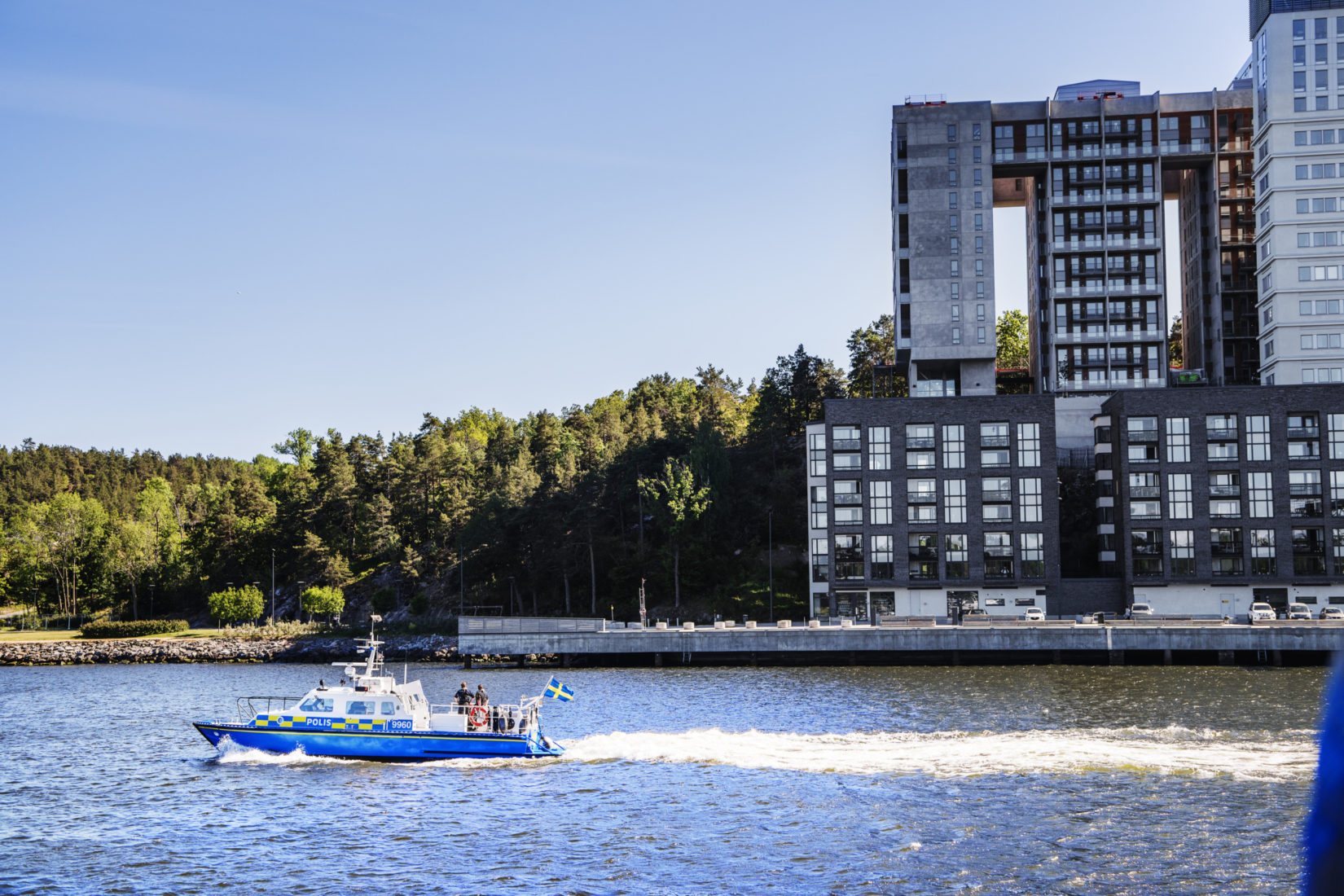Organized crime in the EU is widespread. According to Europol, more than 5,000 criminal groups have been identified. Jacek Paszkowski, coordinator at the Swedish Police’s National Operations Department (NOA) and project manager for the Goldfinger project, says many of these groups are changing, constantly.
– They change methods and business models. When crime changes rapidly, the police system must also be fast.
The Goldfinger project is working for a stronger cooperation between law enforcement authorities in the Baltic Sea region. When the police can work together across the borders, the chances to get to the criminal networks increase Jacek Paszkowski explains.
– For the Swedish police, it has been extremely important to get better knowledge about how the other countries conduct their development work, and how national priorities are linked to opportunities for development projects with the support from EU funds and programmes. Simply, how to work with projects as a tool for development.
At the same time, this type of project always has its challenges, says Jacek Paszkowski.
– To change our own way of working can be challenging enough in a national context. When you add different legal, organizational and cultural differences, the challenge gets even more exciting.
The Goldfinger project, which is funded by the Swedish Institute, has been a welcomed addition to the Swedish police as a means to build bridges between the countries – in order to become better at fighting organized crime.
– Thanks to Goldfinger, the Swedish police has decided to establish a project office and several new development initiatives have already been initiated.
One of the most important lessons so far has been the importance of getting the right parts of your own organization on board and giving them the opportunity to express their perspectives, says Jacek Paszkowski.
– It’s about anchoring in your own organization. This creates a clear ownership and opportunity to achieve long-term effects. It is also important that the initiatives are based on real challenges and needs for the core work of your organization.
There is now an ongoing discussion on how to further develop cooperation between development managers within the police organizations in the Baltic Sea region and how to link it to EU:s funds and programmes for continued funding.
Facts
The project “Goldfinger” is funded by SI through the funding scheme “Seed funding for cooperation projects in the Baltic Sea region”. SI provides funding for joint projects in which organisations based in Sweden can start and expand collaborations to meet transnational challenges together with organisations from the Baltic Sea region countries including Russia and the countries of the EU Eastern Partnership.
